
Chinese historians have gained new insight into a 17th-century tea trading route between China and Russia from a ballad they overheard elderly people reciting in Inner Mongolia.
The discovery was made during a historical survey in Hohhot, capital of Inner Mongolia, in March, the research team said on Wednesday.
The ballad tells how traders purchased and transported tea from east China's Fujian Province to Russia via Mongolia, according to the regional cultural department.
"From south to north I carry the tea/ Ten thousand miles it is to be/ I hire a porter on Mount Wuyi/ In Chong'an county we put it on ships..." it begins, before giving a detailed account of the route.
"The Tea Road", a trade route comparable to the ancient Silk Road, ran 5,000 km -- from the Wuyi Mountains in Fujian, famous for their tea plantations, to the Russian town of Kyakhta.
The traders described in the ballad were employed by Dashengkui, the biggest China-Mongolia trade company, said Wang Dafang, head of the research team.
At its peak, Dashengkui had 7,000 workers and 20,000 camels, each of which could carry about 200 kg of tea. From Hohhot, traders crossed the Yinshan Mountains and arrived in Ulan Bator of Mongolia and finally Russia. It took about six months to go there and back.
"The discovery is hugely significant to research of the tea trade," said Wang.

China's top 10 foodie cities |
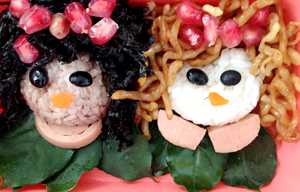
Cute boxed meals |
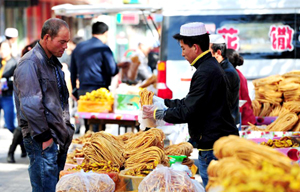
Muslims greet annual festival of Eid al-Adha in Yinchuan |
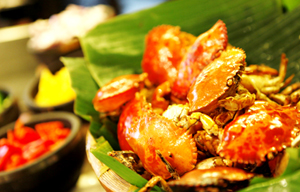
Cafe Noir hosts Singapore food festival |

Tender leaves seen at tea garden in China's Hubei |
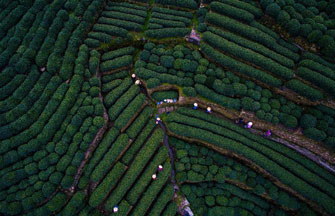
Newly-picked Longjing tea soon be in season |
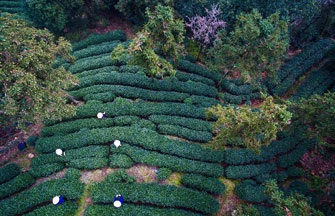
Farmers harvest West Lake Longjing tea in Hangzhou |
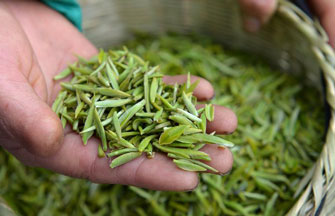
Tea plucking season in China's Guizhou |